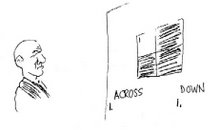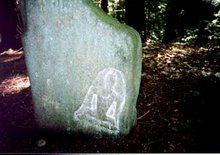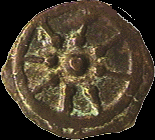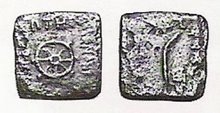Saturday, April 21, 2018
The Score? Comey won, Trump zero.
The editor of The New Yorker, David Remnick, interviewed the former F.B.I. director James Comey for “The New Yorker Radio Hour.” On the stage of the Town Hall Theatre (midtown Manhattan), Comey reviewed the most contentious decisions he made as F.B.I. director during 2016.
“I think he has an emptiness inside of him, and a hunger (craving) for affirmation, that I’ve never seen in an adult,” Comey told Remnick at one point. “It’s all, ‘What will fill this hole?’ ”
Last May, Trump fired Comey. Comey leaked to the press that Trump had urged him to drop the investigation into Michael Flynn. Since then, save for the stray tweet here and there, Comey has stayed out of the headlines. The publication of his memoir, “A Higher Loyalty,” has given Comey the opportunity to revisit his tenure as F.B.I. director.
While Comey declined to answer some questions—like the biggest areas of legal jeopardy for Trump—he was unequivocal at other moments. Speaking of the recent pardon of Scooter Libby, the former chief of staff to Vice-President Dick Cheney, Comey said, "That pardon is an attack on the rule of law."
When Remnick asked Comey to comment on Senate Majority Leader Mitch McConnell and Speaker of the House Paul Ryan’s silence after Trump fired him, Comey said that the question that they needed to ask themselves is, “ ‘What am I going to tell my grandchildren?’ ”
Remnick asked Comey if he believed Trump was a bigot. The President’s “moral equivalence” in the wake of white-supremacist rallies in Charlottesville, Virginia, last summer was “shameful.” The audience interrupted him to applaud.
Subscribe to:
Post Comments (Atom)














No comments:
Post a Comment